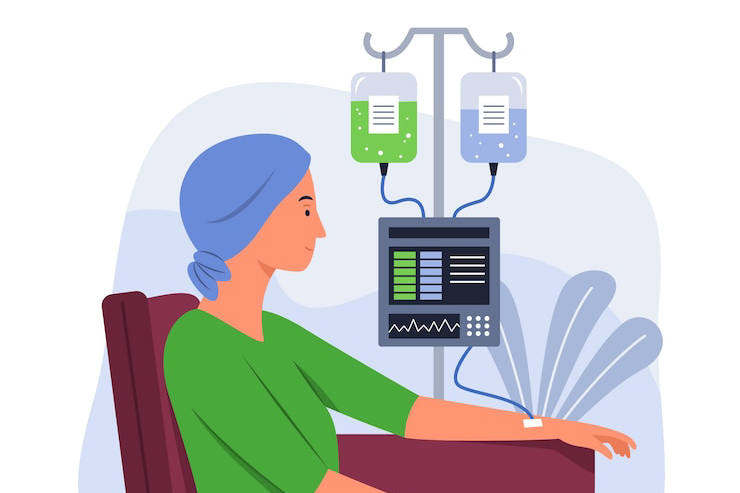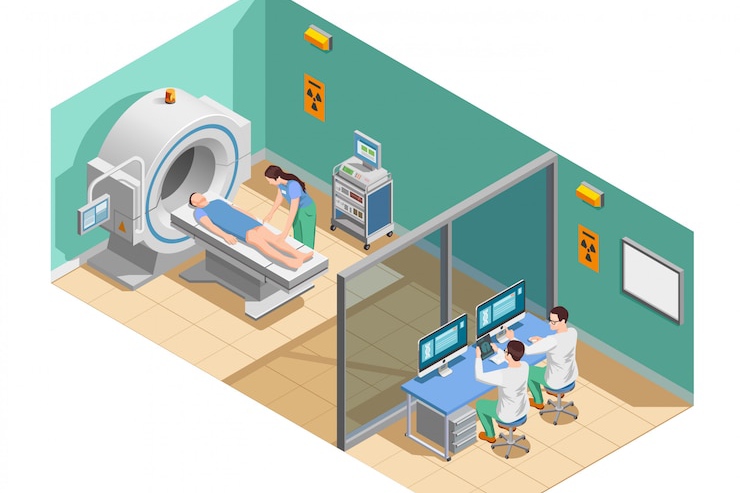
Life on the Line: Innovations and Challenges in Critical Care and ICU Medicine
Critical care medicine, often referred to as the backbone of modern healthcare, serves as the last line of defense for patients facing life-threatening illnesses or injuries. At the heart of critical care is the Intensive Care Unit (ICU), where medical professionals employ cutting-edge technologies and procedures to sustain life in the most precarious circumstances.
While remarkable advancements in medical science have revolutionized the field of critical care, the ICU remains an environment filled with both innovation and challenge. This blog explores the latest breakthroughs in critical care medicine and the complex issues that healthcare providers navigate daily.
The ICU: A High-Stakes Environment
The ICU is not just another hospital ward; it’s a specialized environment designed to care for patients with acute, life-threatening conditions. These patients require constant monitoring and intensive treatment that typically involves ventilators, life-support machines, and advanced diagnostic tools. Critical care teams are highly trained, often working around the clock to stabilize patients while addressing underlying health problems.
Key Challenges in ICU Medicine
- Patient Complexity: Patients in the ICU are often dealing with multiple organ failures or critical conditions that overlap, such as sepsis, heart failure, and respiratory distress. Balancing treatment for these complex conditions is a challenge, requiring fast decision-making and specialized expertise.
- Resource Allocation: ICU beds are often limited, particularly during pandemics or natural disasters. Determining who receives immediate care can be a heartbreaking decision, especially in resource-strained settings. This highlights the need for more efficient resource management and potentially the expansion of ICU capabilities in hospitals worldwide.
- Emotional and Mental Strain: The pressure on ICU staff is immense. Every decision can mean life or death. For patients and families, the emotional toll can be equally devastating, often leading to anxiety, depression, and burnout among healthcare workers.
- Ethical Dilemmas: In critical care, physicians often face ethical questions around end-of-life care, withdrawal of life support, and decisions related to Do Not Resuscitate (DNR) orders. Striking a balance between patient autonomy, family wishes, and medical futility can be a daily challenge.
Innovations Transforming Critical Care
Despite these challenges, the field of critical care medicine has seen remarkable innovations that offer hope for improved outcomes. Some of the most promising advancements include:
- Artificial Intelligence and Predictive Analytics: AI is increasingly being used to predict patient deterioration, allowing physicians to intervene earlier. Predictive algorithms analyze data from monitoring devices, flagging changes in vital signs before they become critical.
- Tele-ICU: Remote ICU monitoring, or Tele-ICU, enables experts to assist in patient management from miles away. In rural or understaffed hospitals, this technology is a game-changer, providing remote access to ICU specialists who can consult on complex cases in real time.
- Advanced Ventilation Techniques: Mechanical ventilation is a cornerstone of ICU treatment, particularly for patients with respiratory failure. Innovations in non-invasive ventilation, as well as improvements in the use of extracorporeal membrane oxygenation (ECMO), have helped improve survival rates in critically ill patients.
- Personalized Medicine: Critical care is increasingly moving towards personalized treatment approaches. By analyzing genetic and biomarker data, physicians can tailor treatments to the individual, optimizing medication dosage and identifying the best interventions for each patient’s unique physiology.
- 3D Printing and Custom Medical Devices: 3D printing technology is now being used to create customized medical devices, such as patient-specific airway models, which improve the precision of surgical procedures in the ICU. These advancements lead to quicker recovery times and lower risks of complications.
The Future of Critical Care
As technology continues to evolve, the future of critical care holds incredible promise. Artificial intelligence, machine learning, and robotics are expected to play increasingly pivotal roles in the ICU. Additionally, we can expect more comprehensive approaches to treating critically ill patients, with greater focus on rehabilitation and long-term recovery post-ICU stay.
One area seeing heightened attention is the mental and emotional well-being of ICU patients and staff. Post-ICU syndrome, which can cause long-lasting physical and psychological effects on patients, is now being addressed more proactively. Likewise, initiatives aimed at reducing burnout and providing mental health support for healthcare workers are crucial to maintaining the resilience of ICU teams.
Conclusion
Life in the ICU truly hangs on the line. As we advance into a new era of medicine, the marriage of human expertise and technological innovation promises to save more lives and improve the quality of care in critical care units. However, significant challenges remain, from resource allocation to emotional strain and ethical dilemmas. The future of ICU medicine will depend on addressing these challenges while continuing to innovate and refine the practices that form the foundation of critical care.
For healthcare providers, the ICU is both a battleground and a beacon of hope—a place where the greatest stakes meet the greatest possibilities for saving lives.



